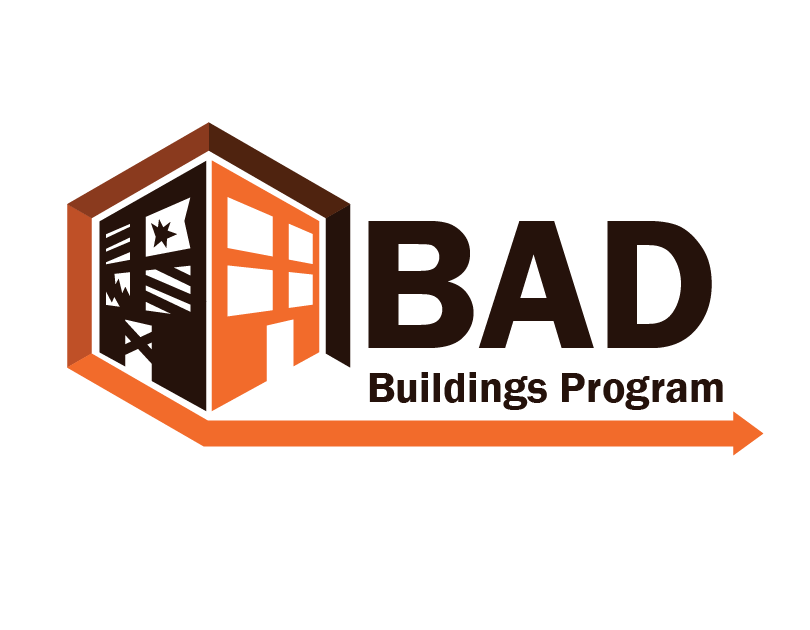WILLIAMSON, WV (AP) – Inside a 1920s-era warehouse in the heart of a once-bustling coalfields hub in Williamson, WV, Brandon Blankenship saws through 8-foot boards pulled up from the building’s floor, looking each one up and down for “a face that’s not splintered — smooth with no breaks — and an intact tongue and groove.” Portions that pass muster wind up in neat stacks for reuse by the crew remodeling the warehouse into office space, or for sale to builders looking to add a rustic touch to homes and restaurants.
The building crew from the nonprofit Coalfield Development Corp. is part of a broad effort to tackle a legacy of the coal industry’s boom-and-bust nature in many Appalachian communities: empty or unkempt buildings. They have become eyesores in otherwise scenic towns and reminders that coal’s best days are long gone, and leaders know that these structures need to find new life or be gone as well before the communities can attract new employers and residents.
Earlier this year, West Virginia University began a project to help rehabbers navigate the legal web surrounding older properties. Last year marked the launch of the statewide BAD buildings project — which helps towns with brownfield, abandoned or dilapidated properties — and West Virginia’s largest city, Charleston, became among the latest to crack down on owners of vacant properties.
Anti-blight programs have sprung up around Appalachia, but West Virginia’s approaches are innovative and more widespread than many of its neighbors, experts say.
The need is also more acute in the Mountain State than elsewhere, according to the 2013 legislation that created a state land bank to take over ailing commercial properties that are beyond local governments’ capacity: “Due to topography, the state has somewhat limited amounts of developable land,” and “promoting the productive reuse … will maximize this valuable resource.”
The focus goes beyond brownfields — which are generally polluted commercial or industrial sites — to include empty or dilapidated office buildings, houses and stores. The aim is typically to preserve older buildings rather than tear them down.
Read full article in The State Journal.
Community Members Meet in Lost Creek to Discuss Rail Trail Project
LOST CREEK — The first in a series of community meetings on the future of Harrison County’s rail trails took place at the Lost Creek Community Building Tuesday evening. ...
Read More
The HUB Accepting Applications for Executive Director and Program Coordinator
The West Virginia Community Development Hub (The Hub) is accepting applications for Executive Director and Program Coordinator. For additional information about the position(s) read the full job description by ...
Read More
West Virginia Gets High Marks for Tackling Blighted Properties
HUNTINGTON — West Virginia is among a small group of states stepping up to take charge in the revitalization of its communities through reclaiming blighted, abandoned and dilapidated properties, ...
Read More
